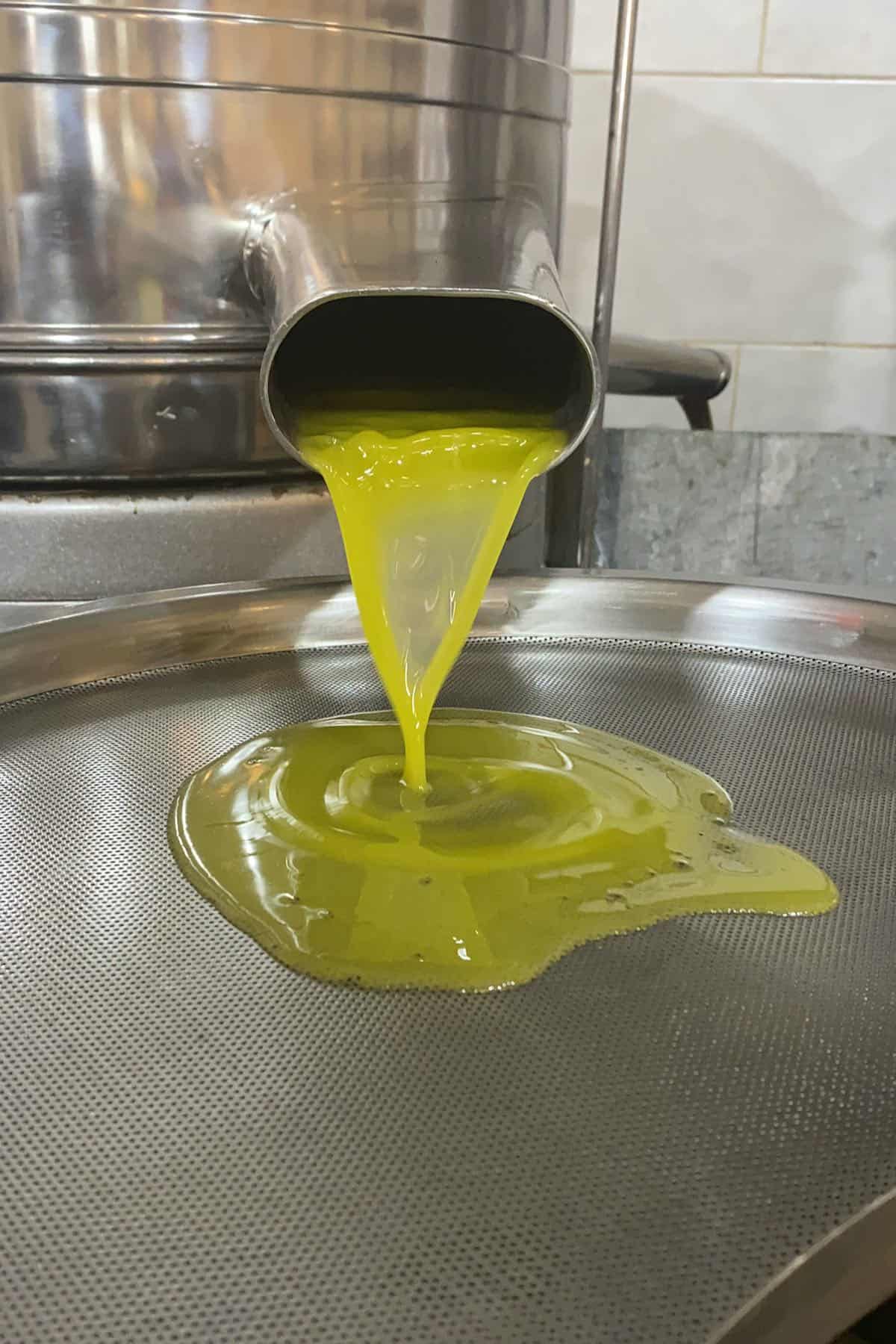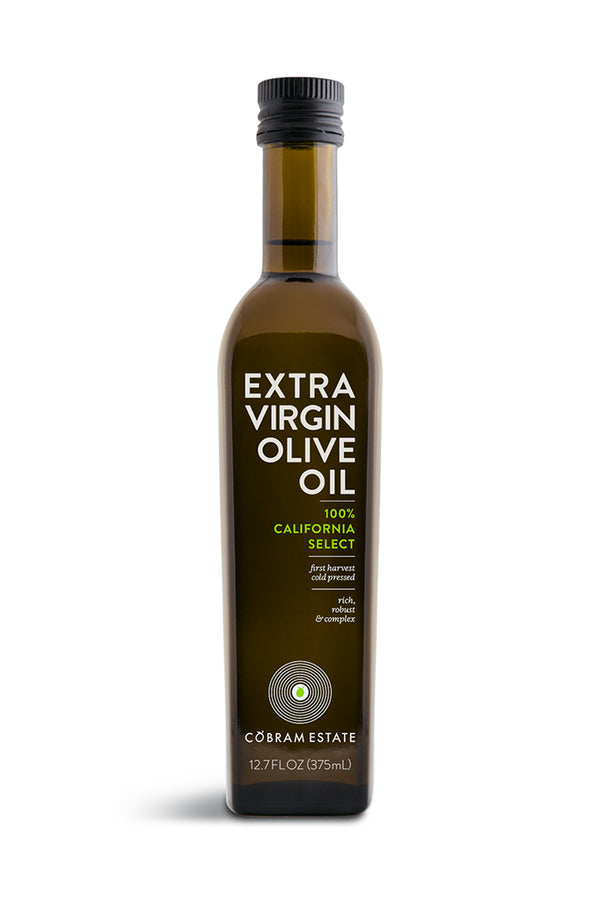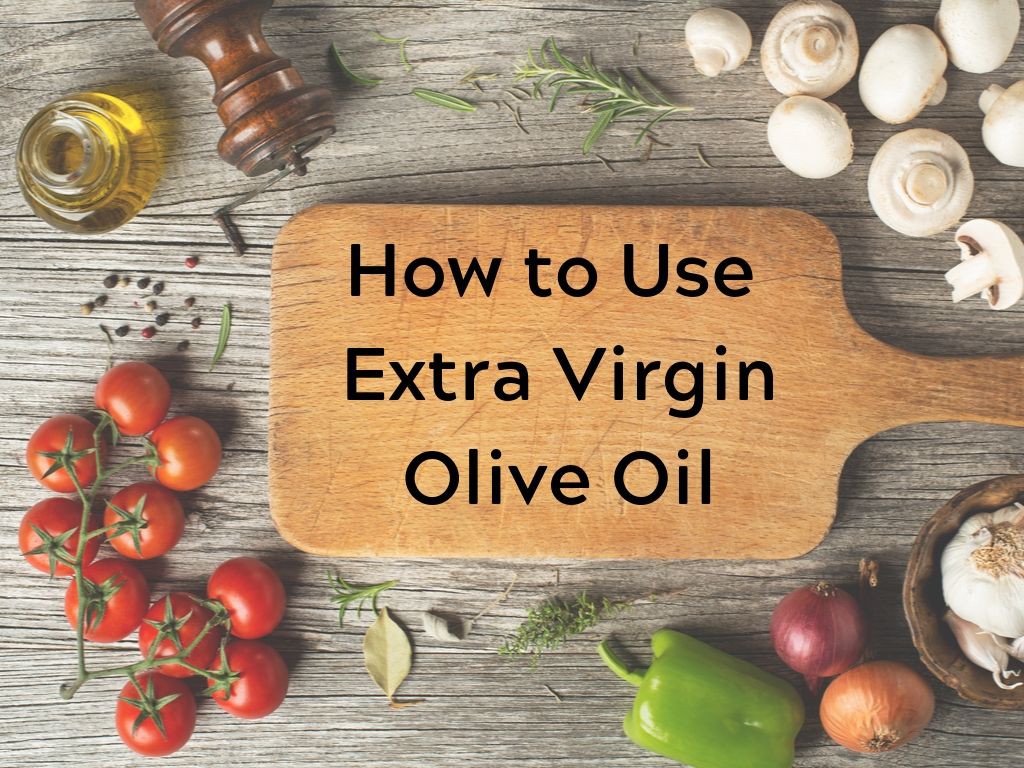How Extra Virgin Olive Oil Benefits Your Heart and Overall Well-being
How Extra Virgin Olive Oil Benefits Your Heart and Overall Well-being
Blog Article
Checking Out the Different Kinds Of Olive Oil and Their Uses, Including Bonus Virgin Olive Oil
The expedition of olive oil encompasses a diverse array of kinds, each offering distinct tastes and cooking applications. Bonus virgin olive oil, renowned for its superior high quality and wellness advantages, serves as a staple in numerous cooking areas, yet it is only one facet of this diverse active ingredient.
What Is Olive Oil?
Stemmed from the fruit of the olive tree, olive oil is a staple in Mediterranean cuisine and a crucial component in various culinary applications. This flexible oil is created by pushing entire olives, resulting in a liquid that varies in aroma, color, and flavor depending on the kind of olives utilized, the region of growing, and the extraction process. Olive oil is mainly made up of monounsaturated fats, especially oleic acid, which is recognized for its possible wellness advantages, consisting of anti-inflammatory buildings and cardio assistance.
In enhancement to its cooking usages, olive oil has a lengthy history of application in conventional medicine and skincare, owing to its rich antioxidant web content (extra virgin olive oil benefits). The oil is often made use of in dressings, marinades, and for cooking approaches such as sautéing and roasting. Its distinct taste profile can improve the taste of various dishes, making it an important ingredient for both home cooks and specialist cooks
Moreover, olive oil is commemorated for its function in the Mediterranean diet, which is related to countless wellness benefits. As awareness of these benefits expands, olive oil continues to gain appeal worldwide as an essential element of a healthy and balanced way of living.
Sorts Of Olive Oil
Understanding the numerous types of olive oil is essential for both health-conscious consumers and cooking enthusiasts. Olive oil is identified mainly based upon its extraction technique and quality, which substantially affects its health and wellness, fragrance, and flavor advantages.

Light olive oil, regardless of its name, refers to a lighter flavor and not reduced calories. It is suitable for those looking for a more refined preference in marinades and dressings. In addition, there are flavorful olive oils infused with natural herbs, flavors, or citrus, which can enhance recipes without the requirement for additional flavoring.
Each type of olive oil serves details culinary purposes, and recognizing these differences permits consumers to make informed options that align with their food preparation styles and health objectives.
Bonus Virgin Olive Oil
Additional virgin olive oil (EVOO) is commonly considered the best quality olive oil available, renowned for its rich taste and numerous wellness benefits. To be categorized as extra virgin, the oil needs to be produced from fresh olives utilizing mechanical procedures, without the use of solvents or too much heat. This careful method protects the oil's all-natural flavors, anti-oxidants, and healthy and balanced fats, leading to an item with a reduced acidity degree of much less than 0.8%.
EVOO is abundant in monounsaturated fats, especially oleic acid, which is connected to decreased swelling and boosted heart health. It likewise has polyphenols, powerful antioxidants that might supply protective impacts versus persistent diseases. The flavor profile of EVOO can differ considerably depending upon the olive selection and region of production, ranging from verdant and fruity to durable and sharp.

Culinary Utilizes of Olive Oil

In food preparation, olive oil can be made use of for sautéing, toasting, and barbecuing, supplying a healthier option to butter or other fats. Its high smoke factor makes it ideal for numerous cooking techniques, while its antioxidants add to a heart-healthy diet regimen. Showering olive oil over completed meals, such as pasta, fish, or grilled veggies, can boost tastes and add a touch of elegance.
In addition, olive oil plays a substantial function in baking, where it can change typical fats in recipes for bread and pastries, imparting dampness and a subtle taste. It additionally acts as a base for instilled oils, permitting cooks to trying out tastes such as garlic, herbs, or chili, further increasing its culinary potential. On the whole, olive oil's adaptability makes it essential in both home and professional kitchen areas.
Picking Top Quality Olive Oil
When choosing quality olive oil, it's crucial to think about several crucial elements that affect the product's fragrance, health and wellness, and taste advantages. Opt for additional virgin olive oil (EVOO), which is acquired from the first chilly pushing of olives and has the highest degrees of anti-oxidants and beneficial compounds. Try to find oils that are certified by recognized organizations, as this usually ensures adherence to strict top quality criteria.
The packaging also plays a substantial duty in maintaining the oil's integrity. Choose oils stored in dark glass bottles or tins to secure versus light destruction. Focus on the harvest date; fresher oils offer exceptional flavor and nutritional value, so choose items that are within 18 months of their harvest.
Be aware of the preference; a great high quality olive oil should have an equilibrium of fruity, bitter, and sharp notes, suggesting its richness and intricacy. By examining these aspects, you can ensure you are choosing the ideal olive oil for your culinary needs.
Verdict
In recap, the exploration of different types of olive oil exposes distinctive attributes and applications, with added virgin olive oil representing the peak of quality due to its reduced level of acidity and high antioxidant material. Recognizing the different ranges of olive oil permits for informed selections in cooking techniques, advertising healthier methods while improving the overall gastronomic experience.
Obtained from the fruit of the olive tree, olive oil is a staple in Mediterranean food and an essential active ingredient in numerous culinary applications.The most typical kinds of olive oil consist of refined olive oil, pure olive oil, and light olive oil.Additional virgin olive oil (EVOO) is extensively regarded as the greatest top Click This Link quality olive oil readily available, well known for its rich taste and countless health benefits. Choose for added virgin olive oil (EVOO), which is acquired from the first cold pressing of olives and consists of the highest possible degrees of antioxidants read more and advantageous compounds.In recap, the expedition of different types of olive oil exposes unique features and applications, with extra virgin olive oil representing the pinnacle of quality due to its low acidity and high antioxidant content.
Report this page